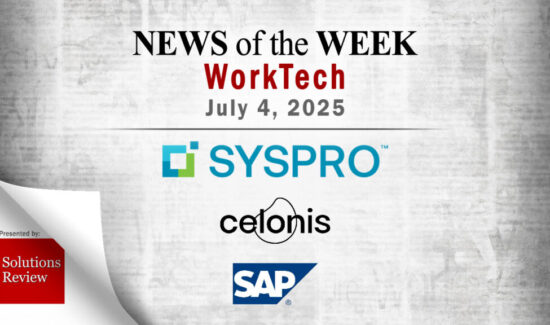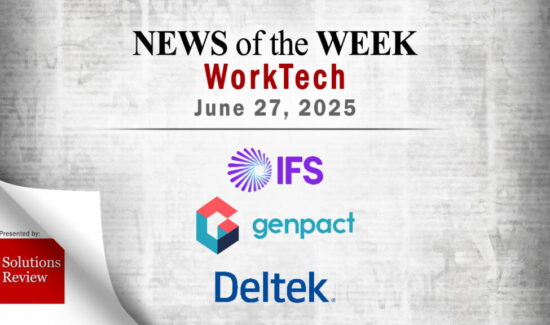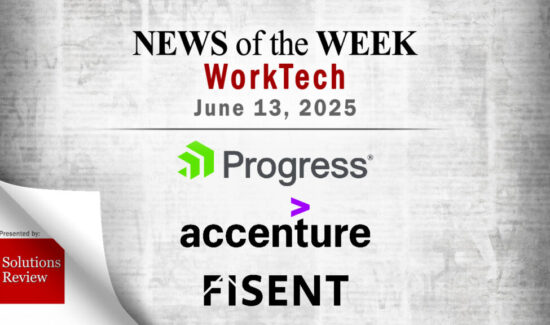Business Process Management in 2017: Predictions from the Pros


What ultimately enables any business and consumer to conduct business through conversations is the leverage of Business Process Management (BPM). BPM is defined as a discipline involving any combination of modeling, automation, execution, control, measurement and optimization of business activity flows, in support of enterprise goals, spanning systems, employees, customers and partners within and beyond the enterprise boundaries.
As a practice, BPM is all about improving and controlling business processes. BPM software, on the other hand, focuses on enabling businesses to model, implement, execute, monitor and optimize their processes and workflows. This kind of software platform includes many more capabilities beyond workflow, such as analytics, mobility, integration, and end user portals.
According to Nathaniel Palmer, writer for bpm.com, today’s BPM platforms deliver the ability to manage work while dynamically adapting the steps of a process according to an awareness and understanding of content, data, and business events that unfold. This is the basis of intelligent automation, enabling data-driven processes adapting dynamically to the context of work, delivering the efficiency of automation while leveraging rules and policies to steer the pathway towards the optimal outcome.
“This is an exciting moment in the evolution of business innovation, where industry has finally caught up to the potential offered with BPM,” Palmer added.
With this in mind, Palmer asked the industry’s top thought leaders and market shapers to offer their predictions on what they think are the most important BPM trends for 2017 and beyond. Below is some of the information he gathered.
From Setrag Khoshafian — Pegasystems
“2017 will accelerate a fundamental premise: the value of AI will be realized in the context of end-to-end processes, with the intelligence driving automations and interactions with edges (aka IoT), customers, all the way to the enterprise and its broader ecosystem. We see bots as well as Robotic Process Automation (RPA) becoming more and more intelligent and playing a greater role beyond simply automating rote tasks but moving front and center as a key part of the customer engagement story to deliver the optimal 1:1 experience. We also see artificial intelligence redefining the practice of BPM with machine learning providing automated insights and paths for optimized outcomes and further driving operational excellence.”
From Ben Farrell — Appian
“Here’s my prediction: in 2017 BPM will matter more than ever. The world is on fire talking about digital transformation. It’s important to understand what that really means, and where the real value lies. Meaningful, high-value transformation is not about doing the same old stuff, just faster or getting some of it done on a mobile device. Digital transformation is about using innovative technologies to fundamentally change how an organization operates; how it develops and delivers products and services; how it attracts and retains customers; and, don’t forget, how it engages and empowers its employees. All of that requires truly understanding your business processes and constantly evolving them at digital speed. BPM naturally lends itself to the speed virtues of the emerging Low-Code Development Platforms market, but as importantly, BPM is the silver bullet that adds enterprise-grade power to low-code development.”
From Software AG
“In 2017 companies will continue to expand their view of BPM as an instrument for reducing costs and increasing efficiency to an enabler for better customer engagement and innovation. One of the key drivers for adoption will be the digital transformation and the emerging need to provide digital products and services across industries. Beyond connecting business processes with the digital touchpoints of customers and partners, automation and orchestration will be highly relevant for leveraging Internet of Things. Real-time information collected from sensors or smart devices to kick off automated processes or workflows is just one of examples how process technology is already being used in IoT. Robotic process automation and machine learning will complement and fuse with Intelligent BPM Software (iBPMS) to add an additional automation component that reduces or even eliminates human tasks and make processes more intelligent and autonomous.
Further we see the shift from traditional BPM suites to more sophisticated platforms that support both IT and citizen developers to create and deploy agile process applications. Process, case, task and decision management are becoming integral part of Digital Business Platforms (DBP) that also include additional capabilities for hybrid integration, Application Programming Interface (API) management, real-time analytics or machine learning.”
Looking for more? Download our all new free buyer’s guide and check out the top BPM software vendors, along with snippets of their highest ranking products and solutions, plus the top 10 questions and tips about the implementation and selection process!
And don’t forget to follow us on Twitter, LinkedIn and Facebook for all the latest in Work Tech space!



















